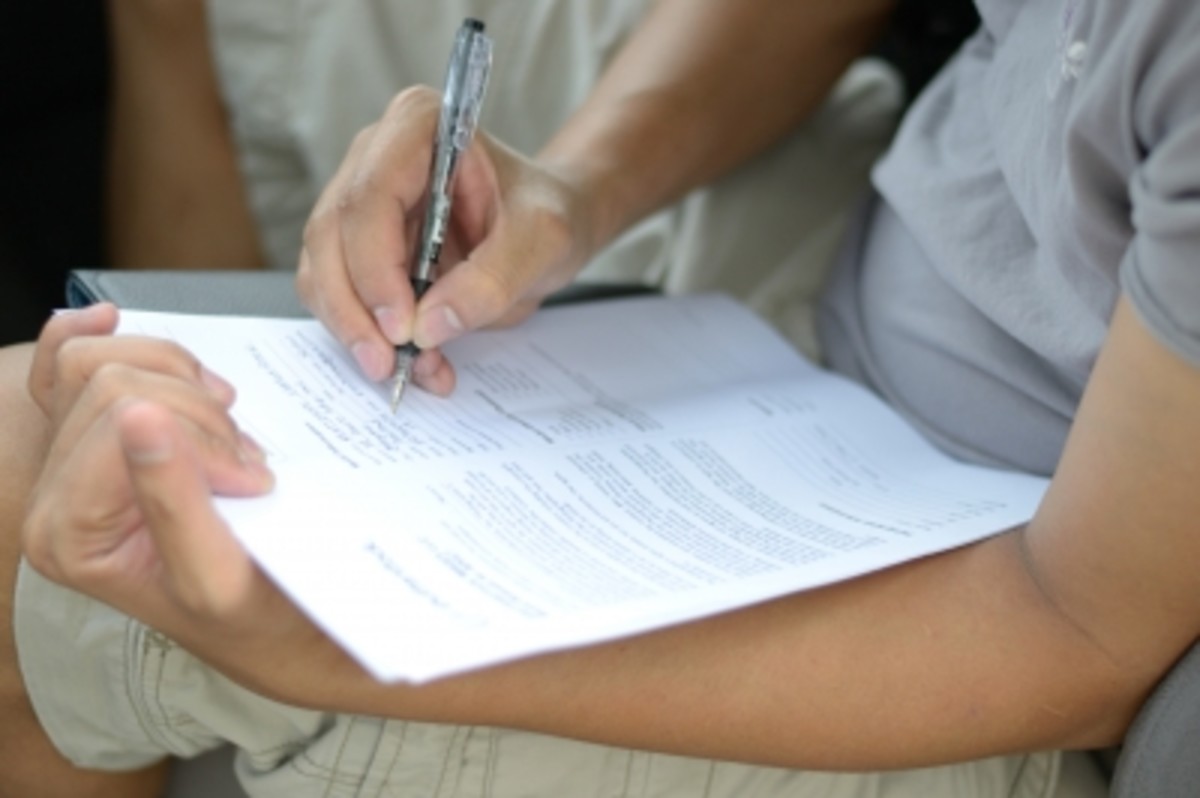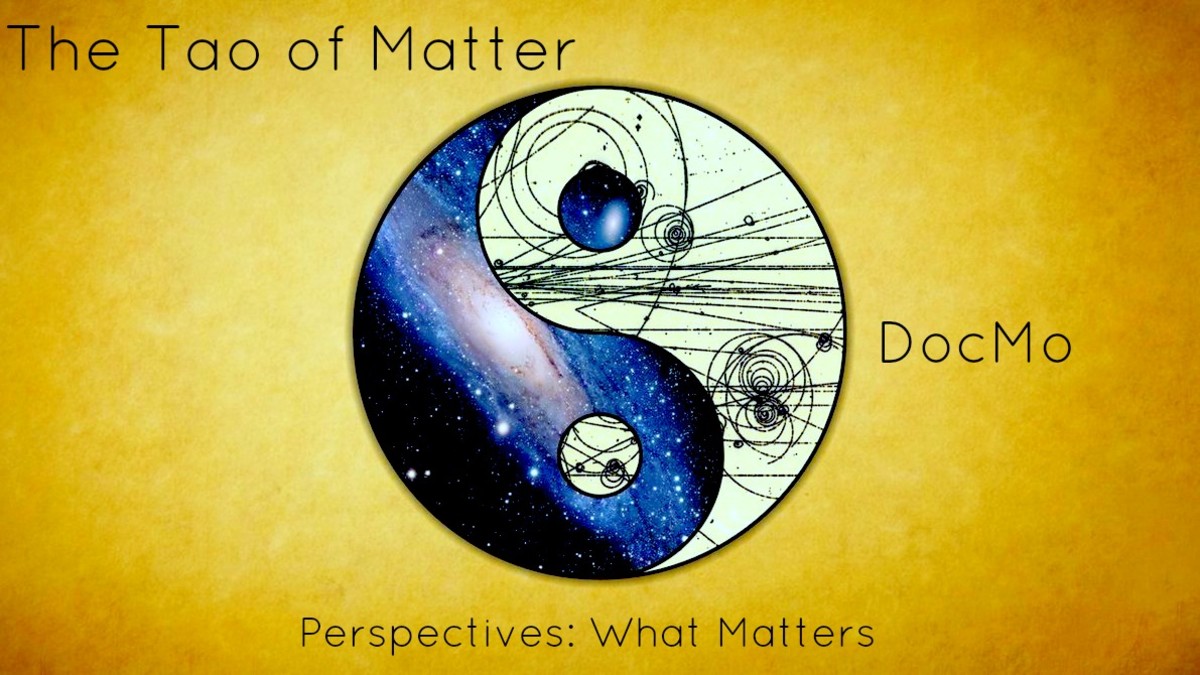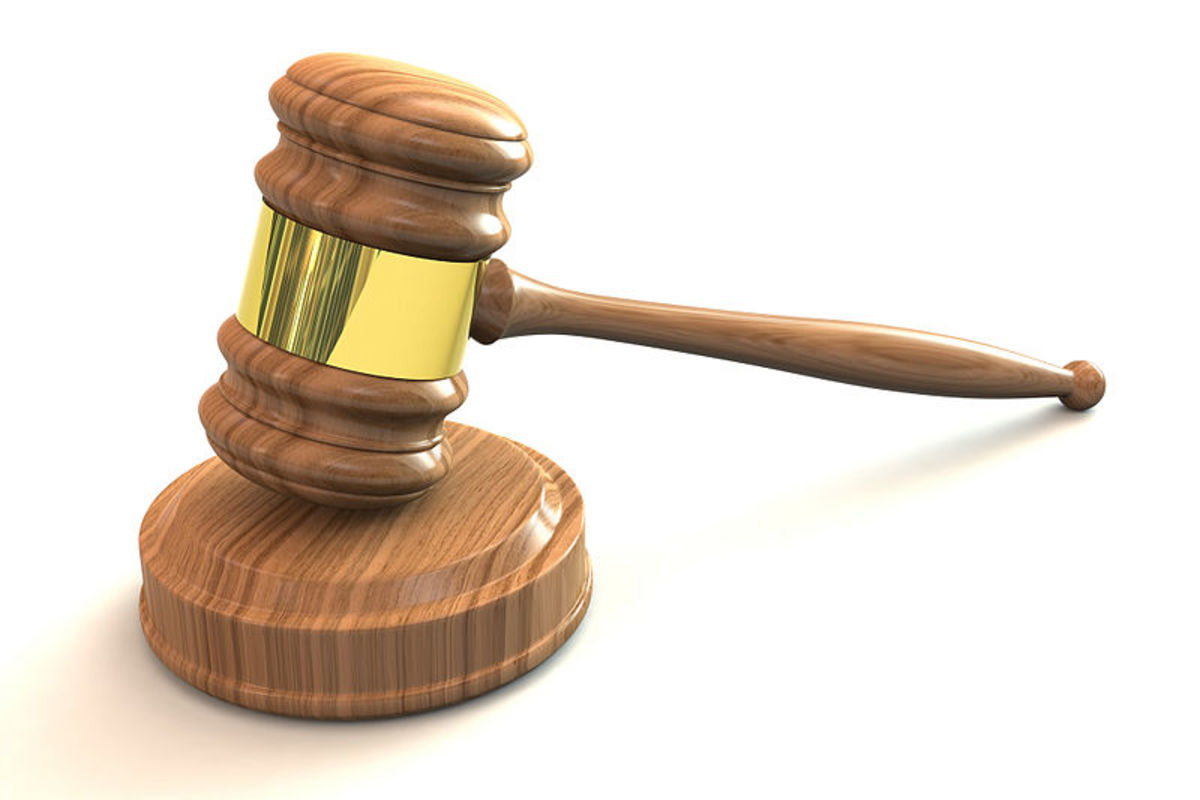What is Power of Attorney and How Do You Get The Power of Attorney?
Legal matters.
Legal matters can often confuse the brightest of minds and sometimes we need to call on expert help to aid us in our times of need. The concept of the power of attorney seems to leave many people feeling a little nervous. There is a common misconception that you are waiving your rights away or losing control of your affairs if you are considering hiring someone to represent us on our behalf. This is absolutely not the case. I know that there is a general consensuses that seems to suggest that the legal system does not work, this is not true in most cases it does and it is there for our benefit.
We can't always deal with things sufficiently on our own and help can often be a welcomed addition to a situation. Adopting power of attorney could actually be of considerable help in some cases.
Power of attorney if brief.
Proof of power of attorney is a written document that has been certified by a notary public, (someone who is of considerable legal standing or of recognized authority). It is designated to a party (group or organization) or to an individual (attorney or legal representative) as an agent that is then empowered (able and enforced by law.) to act for and for the benefit of person who was the principle signer of the legal document.
The power of attorney can be applied to various legal matters, taxes, business, will and testament amongst other cases and suits. Different aspects of the power of attorney as designated to particular individuals who are specialized or experienced in that particular area. Sometimes an individual is responsible for the entire financial or business affairs of their client, but this only happens if the attorney is sufficiently skilled and capable in their general field of expertise.
The legal system is bound by certain laws and restrictions to insure that an individual does not lose any general rights or freedoms and that the attorney is working only for the benefits and general interest of the client and not for themselves or anyone else. The attorney has a duty of fidelity to there client and prudence to the courts of law.

Who needs the power of attorney and how do you get it?
People apply the power of attorney and hire people to represent themselves for a number of reasons these can include things like;
- The individual being absent and unable to plead, debate or argue the case for themselves.
- The need for someone with greater knowledge, understanding, experience or education in a particular field of study or area of business.
- An individual being of mental incapacity to be able to deal with their own affairs.
- Illness prevents them from being able to manage their own affairs.
- Specialist legal knowledge is required, of which they are unable to provide.
- A legal matter has arisen and needs professional application of the law.
The power of attorney has to be given to you by consent of an individual, it can be revoked as and when it is deemed fit to do so. Upon the death of the principle signer, power of attorney is automatically void and is not transferable to other people or persons. Sometimes the power of attorney is given to another over the wishes of the principal individual, without there expresses consent and is valid without signature, this often happens as a result of psychiatric or sociological issues. That can render a person unable to make cohesive, reasonable or rational choices or decisions for themselves. Children have also been at the obligation of the power of attorney because their age prohibits them from certain rights and privileges that apply to adults.
The power of attorney can be obtained via any legally authorised individual or firm. Paperwork must be correctly formulated , written sufficiently, fully understood by all parties, and adhere to all relevant legal policies. Signatures must be provided by the agent and principal or agents and principals if there are more then one.
Agents and principals.
In regards to the law the relationship between agent and principal is generally a voluntary one, agreed terms and expectations are authorized by both parties. The agent acts in accordance and in consent of the principal depending on their needs and requirements. It is implied and agreed that the agent (usually an attorney), that they can be called upon to affect and conduct legal affairs for their client.
Any individual can call upon the aid of an advocate so long as they have the legal capacity, are of sound mind and are of an appropriate age. The mutual arrangement can be made as individuals or as co-partnerships and can be made of direct appointment or acknowledged association.
Obligations and instructions of the advocate or attorney vary, depending on the needs or desires of the principal. In the majority of cases the contracts and relationship can be disoved by either party at any time depending on the circumstances and clauses of the agreements, that have been made by contract.
The principal can be made accountable for the wrong doing of an agent, if the wrongful act was committed under the instruction of the principal of which they are working.
- 10 lessons I have learnt from the 2009 recession.
Just over a year has come and gone, since it was officially announced the country was in recession, in January 2009. 12 months on and a lot of financial strife later, the world (at least to me), has become a... - How to actively influence crime.
Directly or indirectly crime affects us all, when shoplifter's are operating in stores we as customers are charged more as a result, if you have been the victim of violent crime or know of someone who has, you will know just how detrimental it can... - What is cosmetic surgery and plastic surgery compens...
This article is an independantly written article, unbias and free to read. It explains what cosmetic surgery negligence is, what you can claim for and what kind of money you can expect to recieve from a claim. Busting common myths and letting you kno









